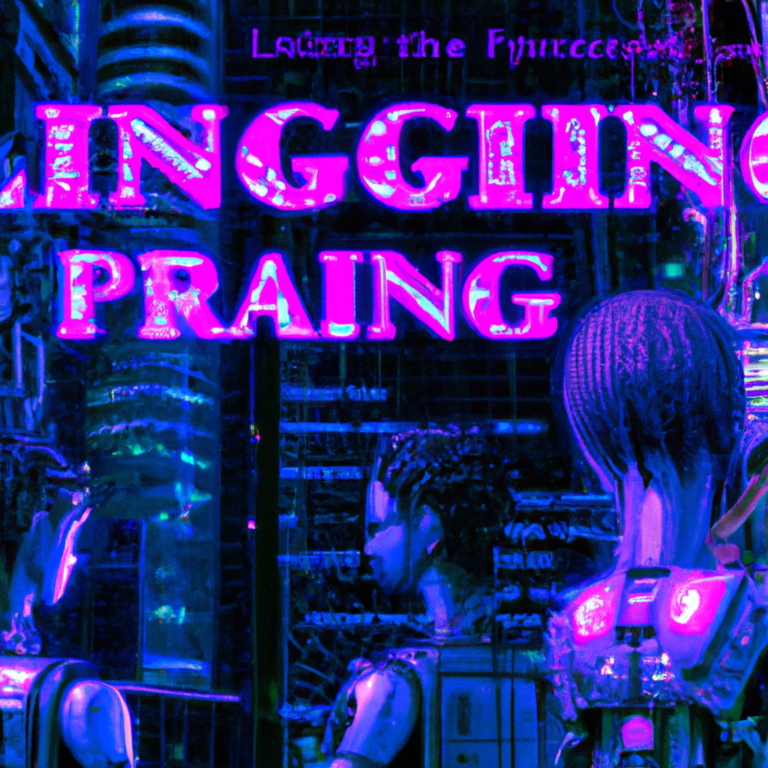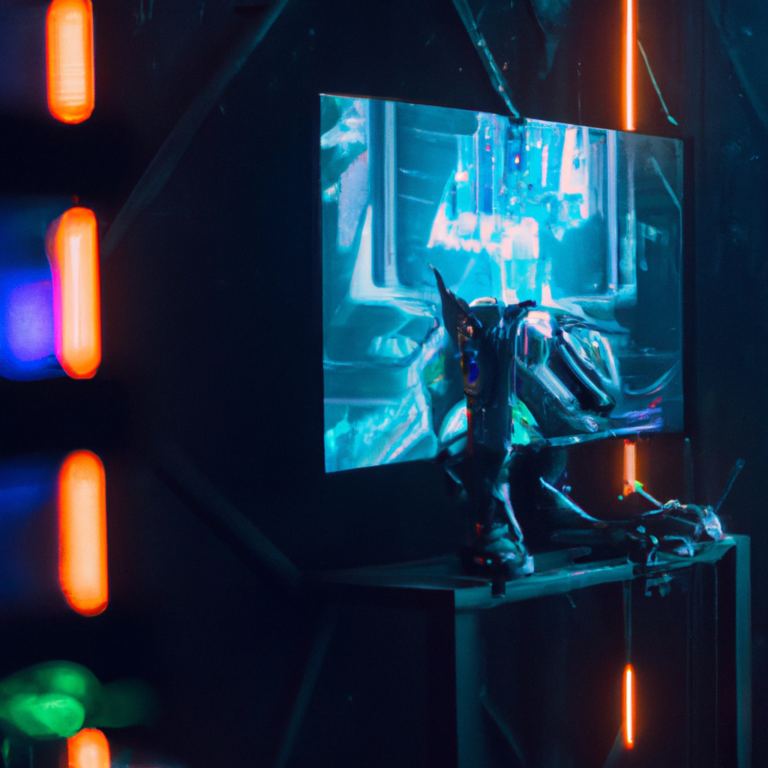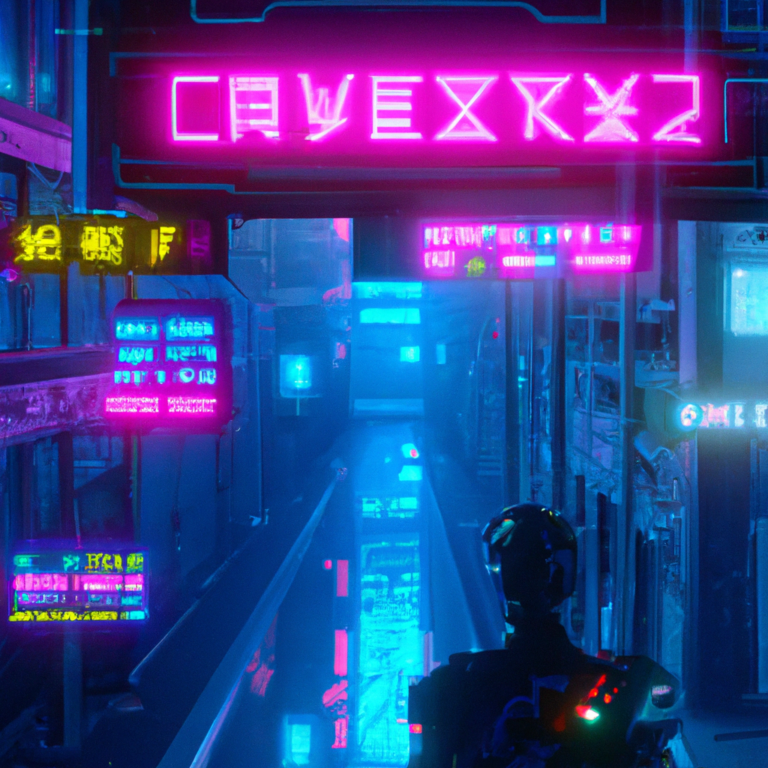“Striking a Chord: Exploring the Role of Music in Video Games and the Art of Composing for Interactive Play”
Music has always been an essential component of video games, playing a crucial role in creating an immersive and engaging gaming experience. It sets the mood, evokes emotions, and transports players into the virtual world. From the iconic 8-bit tunes of early arcade games to the sophisticated orchestral scores of modern RPGs, game music has evolved significantly in terms of complexity and diversity. In this article, we will discuss the role of music in video games and provide some tips on how to compose music for games.
The Role of Music in Video Games
1. Setting the atmosphere: One of the most critical functions of music in video games is setting the atmosphere. Music helps establish the overall mood and tone of the game, whether it’s a cheerful and quirky platformer, a tense and gritty shooter, or a dark and atmospheric RPG. By carefully selecting the right music, developers can transport players into the desired virtual environment and enhance their gaming experience.
2. Emotional engagement: Music can evoke a wide range of emotions in players, from joy and excitement to sadness and fear. A well-crafted score can make players feel connected to the game’s characters and storyline, thereby increasing their emotional investment in the game. For example, a melancholic melody can emphasize the sorrow of losing a beloved character, while an adrenaline-pumping track can intensify the exhilaration of a high-speed chase.
3. Gameplay enhancement: In some cases, music can also serve as an essential gameplay element. For instance, rhythm games such as Guitar Hero and Dance Dance Revolution require players to follow the beat and tempo of the music. In other games, music can provide subtle cues to guide the player, signal upcoming events, or indicate changes in the game’s dynamics.
Composing Music for Video Games
1. Understand the game’s concept and theme: Before composing music for a video game, it’s crucial to fully understand the game’s concept, theme, and genre. Play the game or study the game design document to grasp the game’s overall mood and tone. This will allow you to create music that complements the game’s atmosphere and reinforces its narrative.
2. Develop a unique musical identity: To make your game stand out from the competition, strive to create a unique musical identity. Explore different genres, instruments, and soundscapes to find the perfect combination that resonates with the game’s theme and style. This may involve using unconventional instruments or experimenting with various musical styles to create a memorable soundtrack.
3. Leverage dynamic music: Dynamic music can adapt to the player’s actions and the game’s changing conditions, ensuring that the music always feels fresh and engaging. Consider implementing adaptive music techniques such as horizontal resequencing, vertical layering, or interactive music systems to create a dynamic and responsive musical experience.
4. Collaborate with the development team: Communication and collaboration between the composer and the game development team are vital for creating a cohesive and immersive gaming experience. Regularly discuss the game’s progress and any changes to its design or narrative that may impact the music. This open line of communication will ensure that the music remains aligned with the game’s vision and enhances the gameplay experience.
5. Playtest and iterate: As with any other aspect of game development, composing music for a video game requires playtesting and iteration. Gather feedback from players and the development team, and use it to refine and improve your music. This may involve tweaking the mix, adjusting the tempo, or even re-writing entire sections of the score to ensure that the music perfectly complements the game.
In conclusion, music plays a pivotal role in the overall gaming experience, setting the atmosphere, evoking emotions, and enhancing gameplay. When composing music for video games, it’s essential to understand the game’s concept and theme, develop a unique musical identity, leverage dynamic music techniques, collaborate with the development team, and continually playtest and iterate. By following these guidelines, you can create a compelling and memorable soundtrack that will captivate players and leave a lasting impression.







